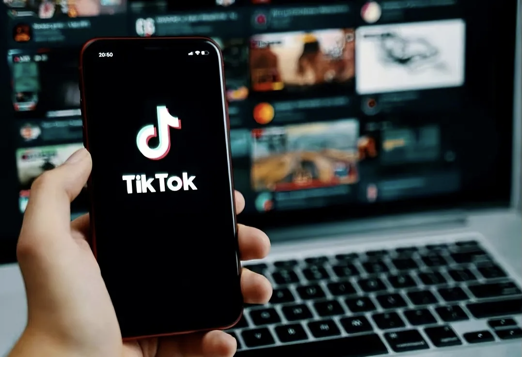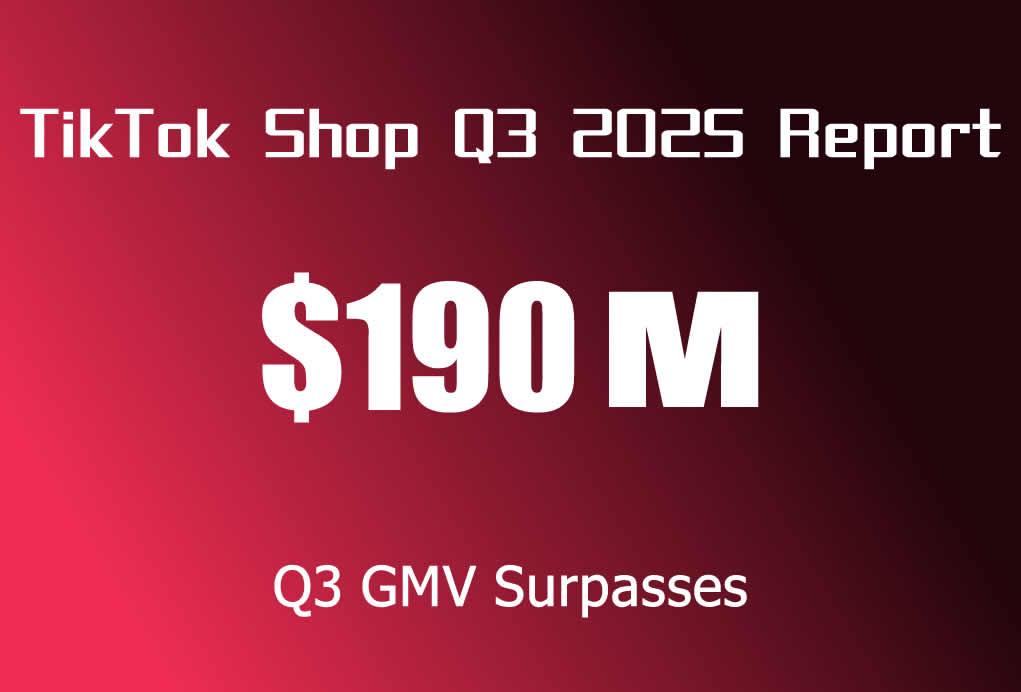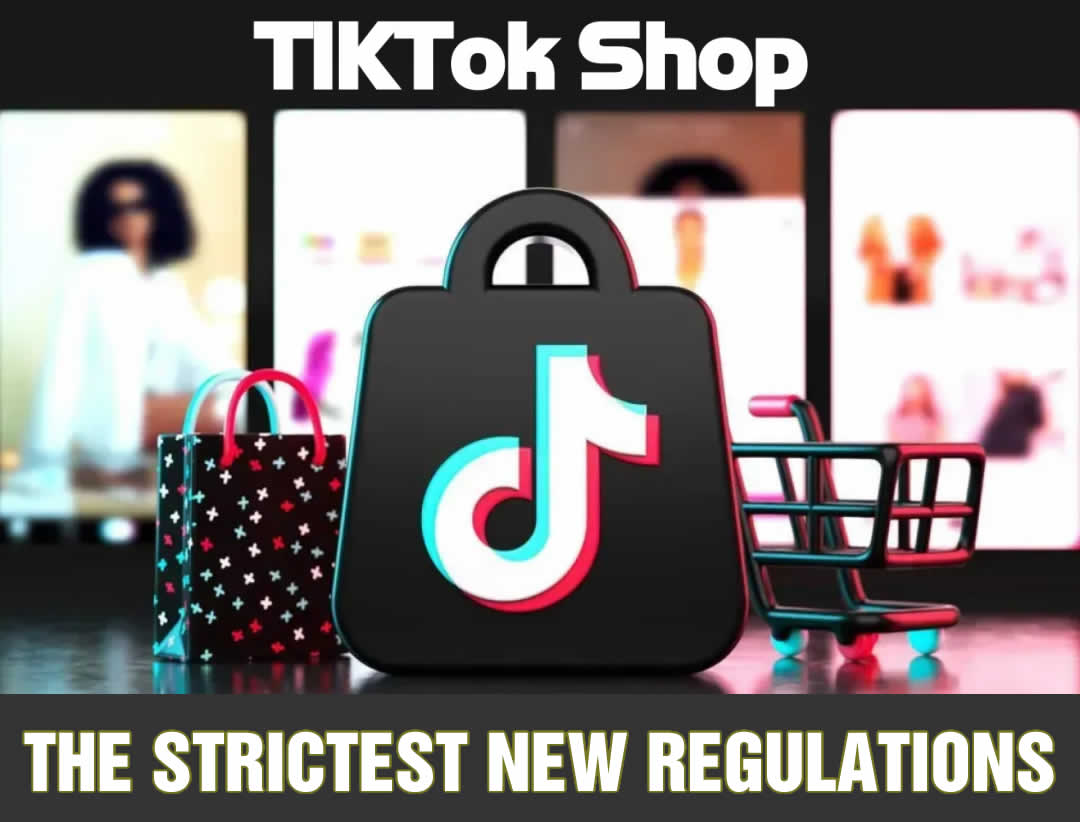
In a seismic shift for digital media, YouTube announced this week that its podcast offerings now reach over 1 billion monthly viewers, cementing its dominance in the audio-visual content wars. According to exclusive data from TechCrunch, this milestone positions YouTube as the first platform to achieve such scale in podcast consumption, surpassing even dedicated audio giants like Spotify and Apple Podcasts.
The surge follows YouTube’s aggressive push into podcast infrastructure since 2023. A redesigned “Podcast Hub,” integrated with YouTube Music, now accounts for 32% of all podcast consumption on the platform. Creators gained access to specialized analytics tools, including real-time audience sentiment tracking and chapter-based engagement metrics, driving a 67% year-over-year increase in podcast uploads.
ALSO READ for Facebook around
Boost Your Visibility NOW: YouTube’s New Game-Changer for Shorts Creators
Behind the growth lies YouTube’s algorithm revolution. The platform’s latest AI-driven recommendation system now prioritizes “watchable podcasts” — episodes with dynamic visuals, timestamps, and interactive polls. Early adopters like The Vergecast reported a 90% retention rate for video-enhanced episodes compared to audio-only formats.
Monetization innovations proved equally critical. YouTube’s “Podcast Partner Program,” launched in 2024, allows creators to earn revenue through mid-roll ads, channel memberships, and Super Chat integrations during live podcast recordings. The platform’s ad-tech upgrades enabled context-aware ad placements, matching sponsors to specific podcast segments — a feature that boosted CPM rates by 40% for tech and gaming content.
Globalization strategies accelerated adoption, with Hindi, Portuguese, and Japanese podcasts driving 55% of new viewers since Q3 2024. YouTube also partnered with telecom giants to offer data-free podcast streaming in emerging markets, a move that tripled listenership across Southeast Asia and Africa.
Despite concerns about platform centralization, YouTube’s podcast triumph highlights a fundamental truth: audiences increasingly demand multisensory storytelling. As the lines between video and audio blur, competitors now race to replicate its hybrid content model.




